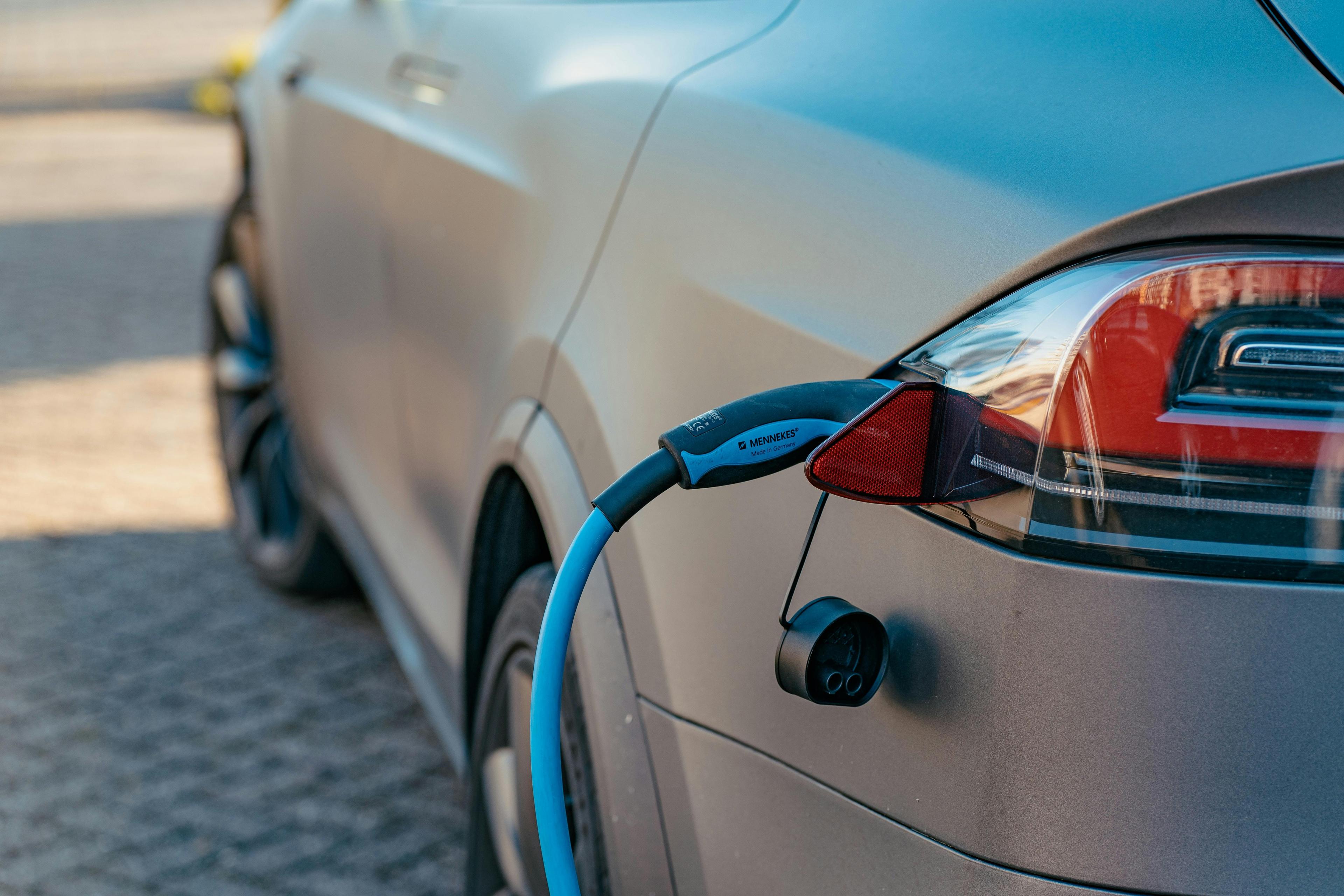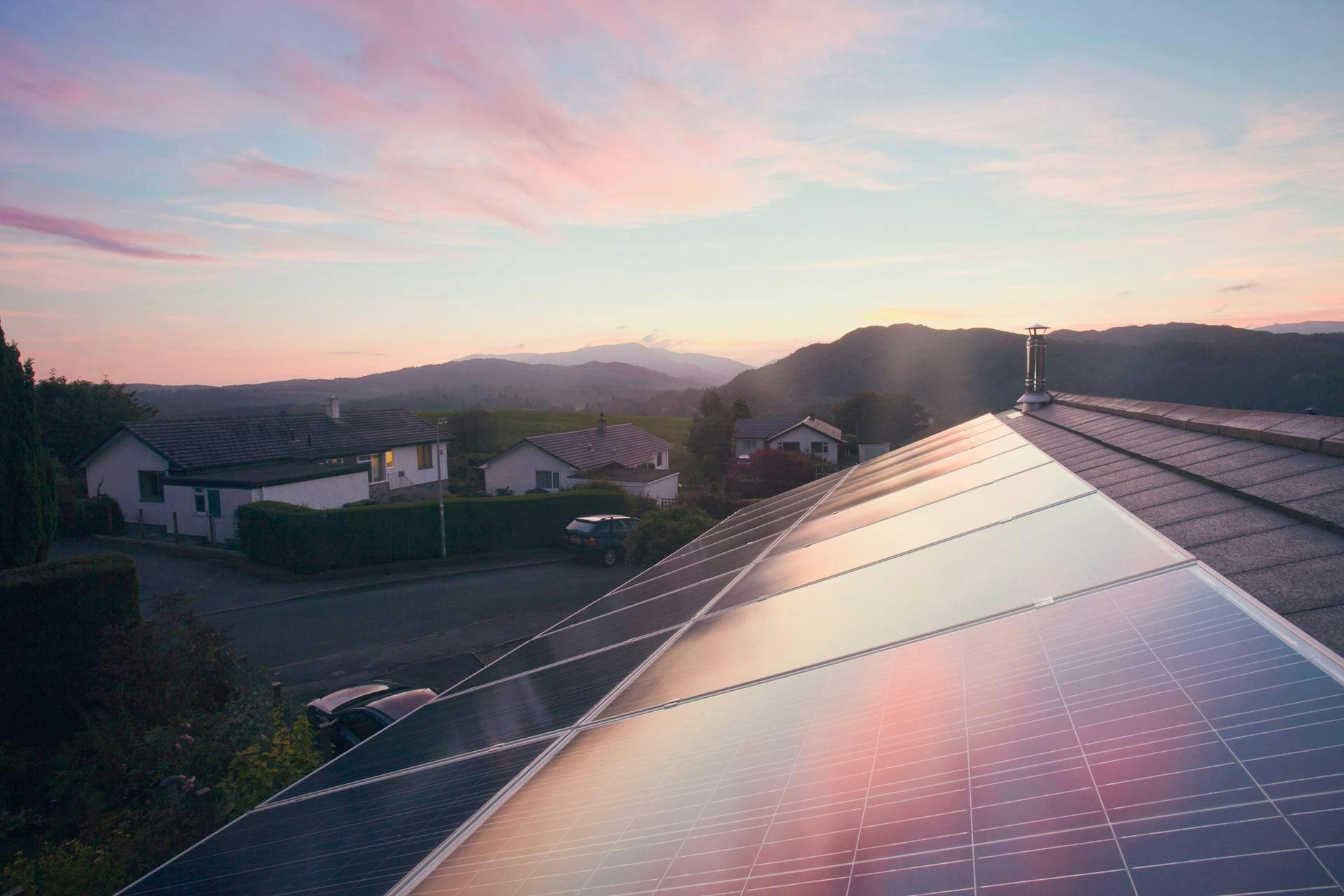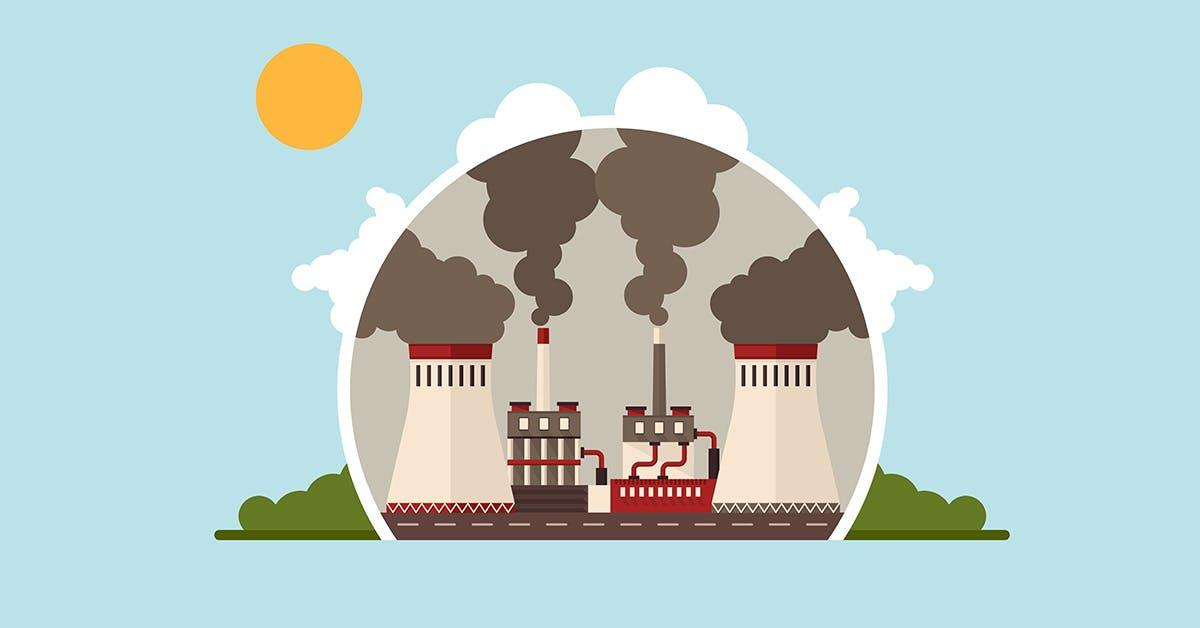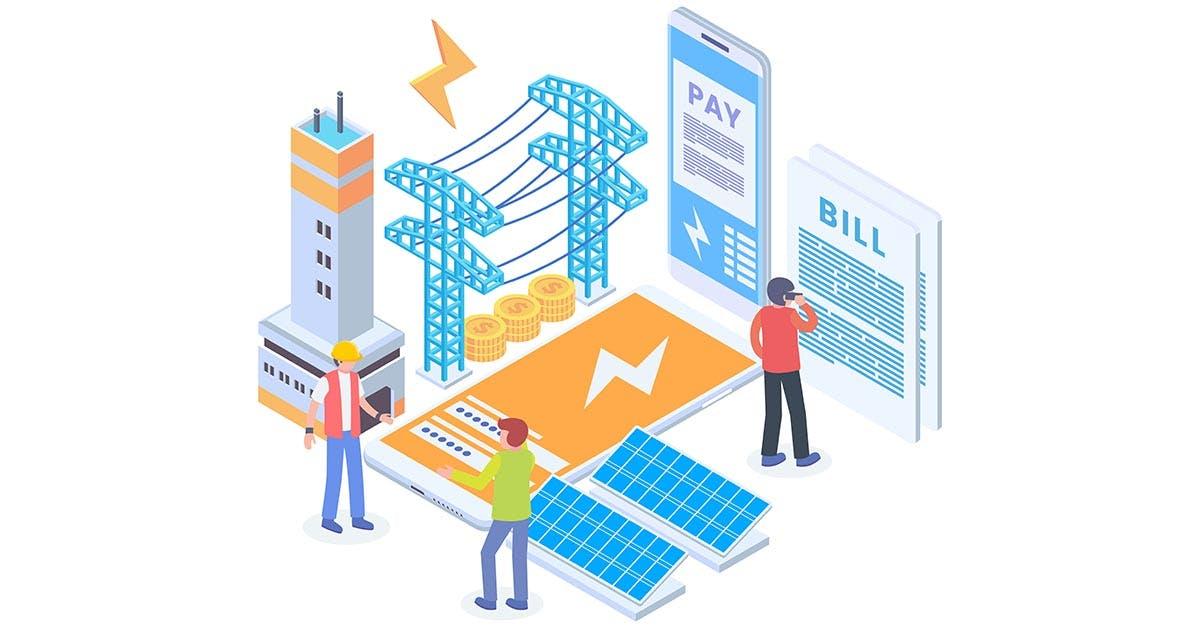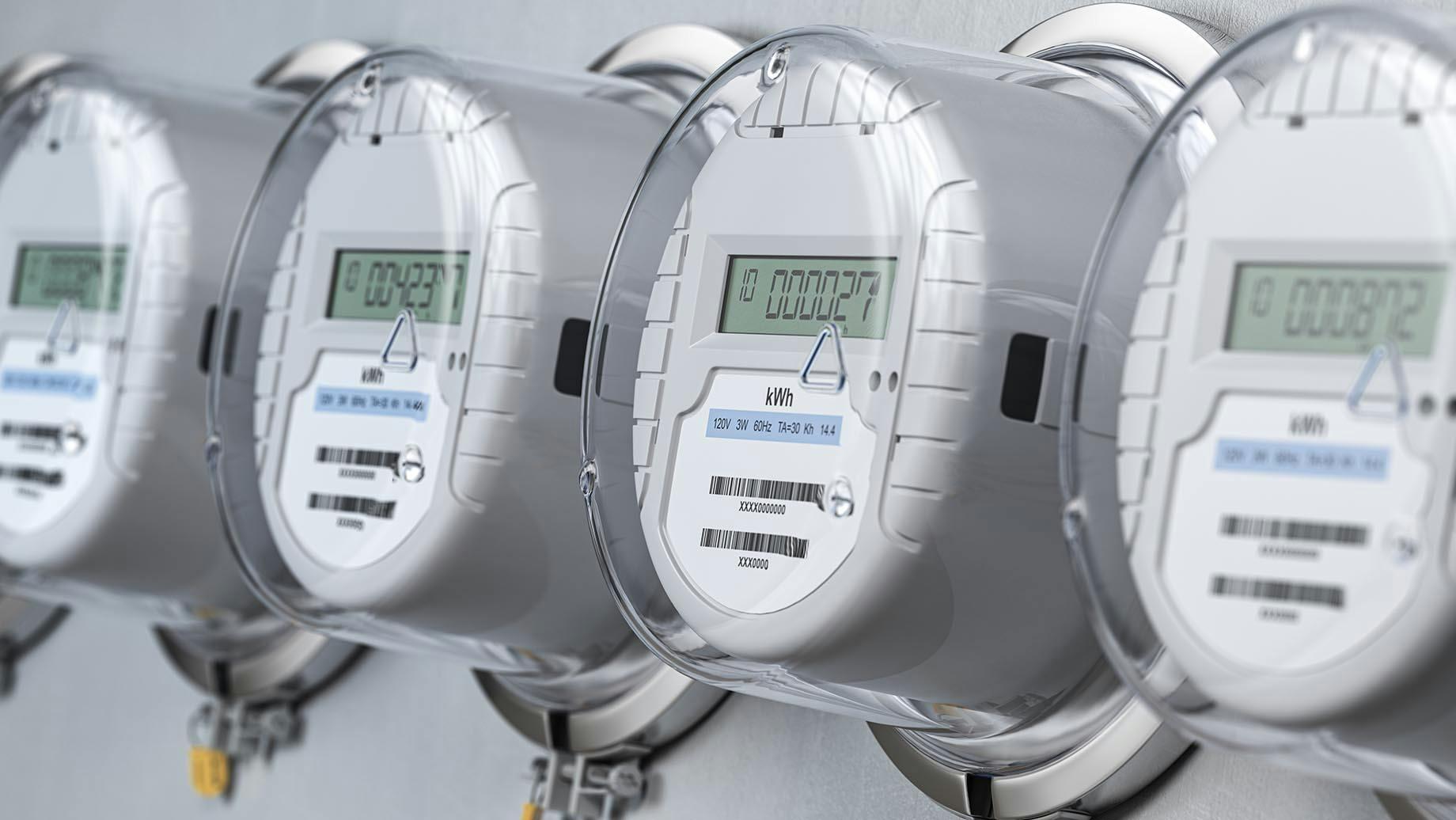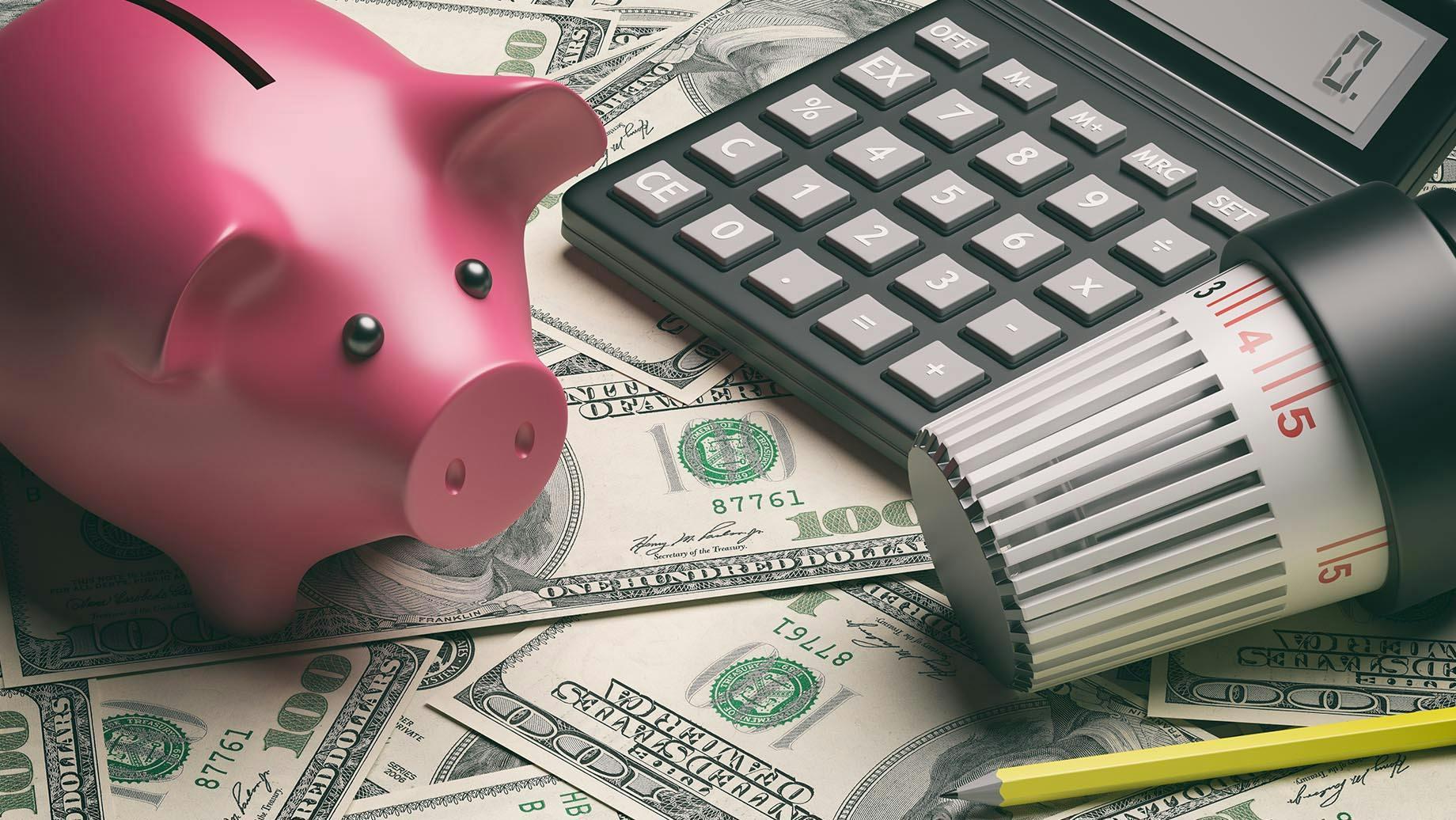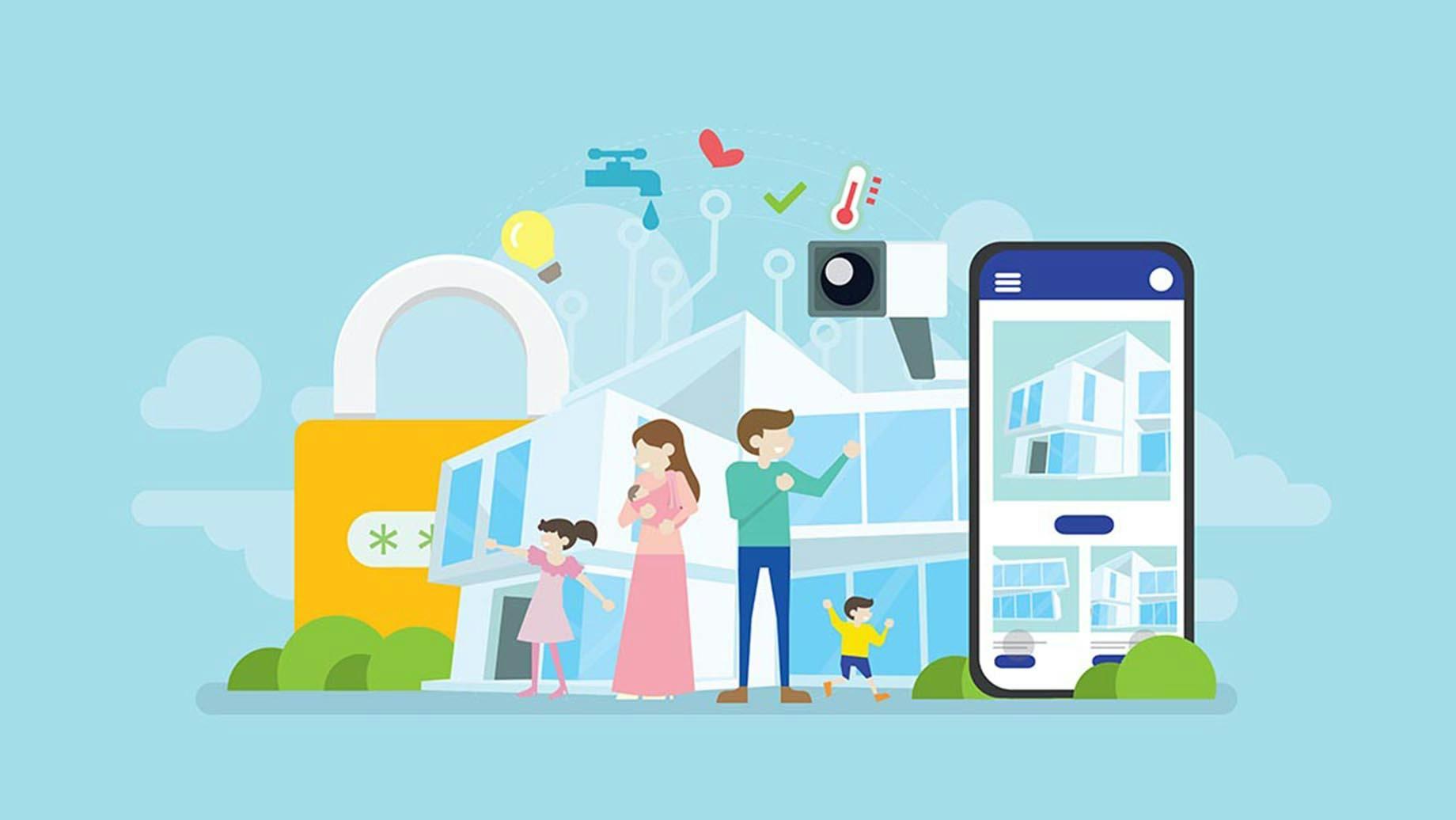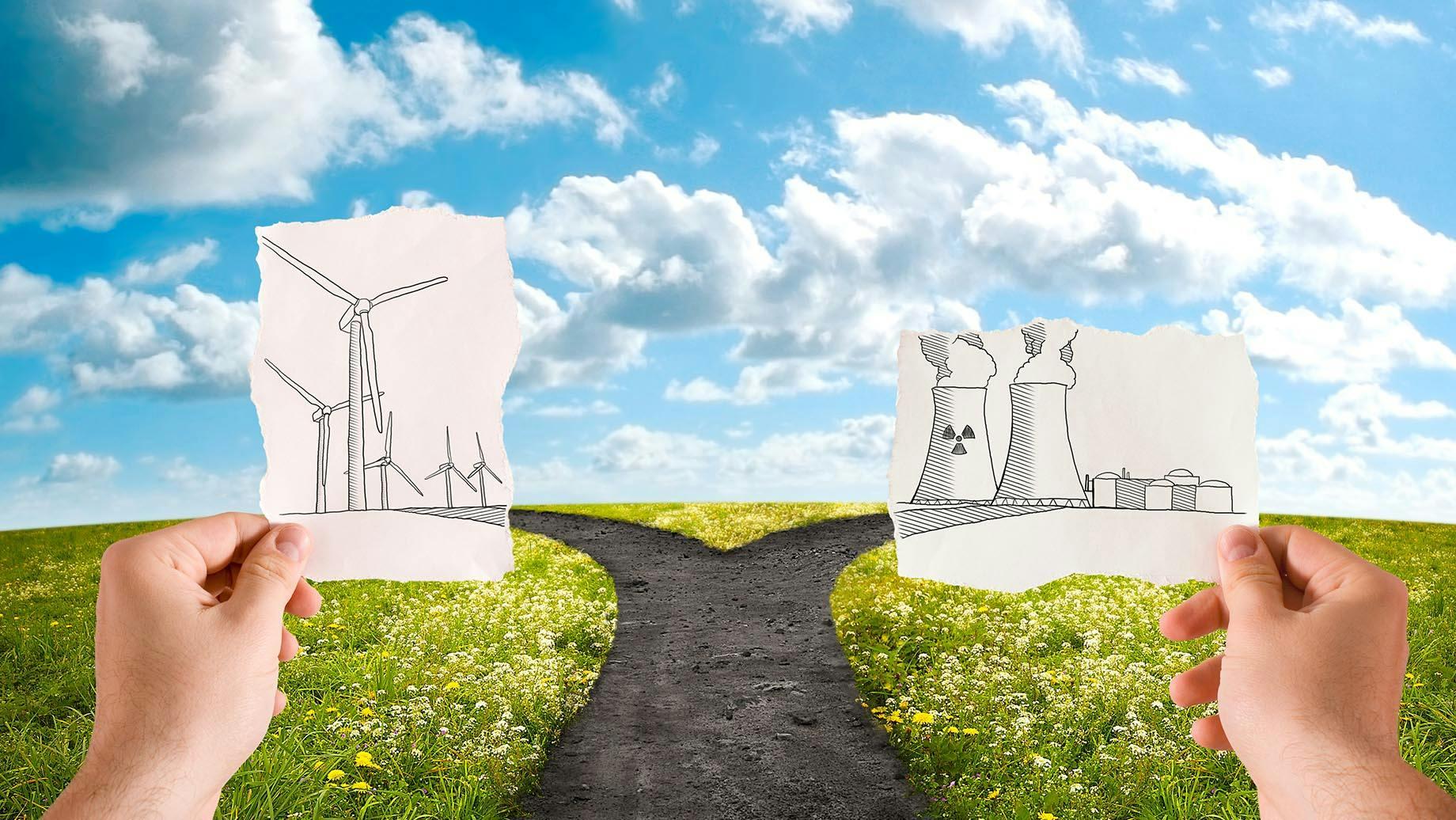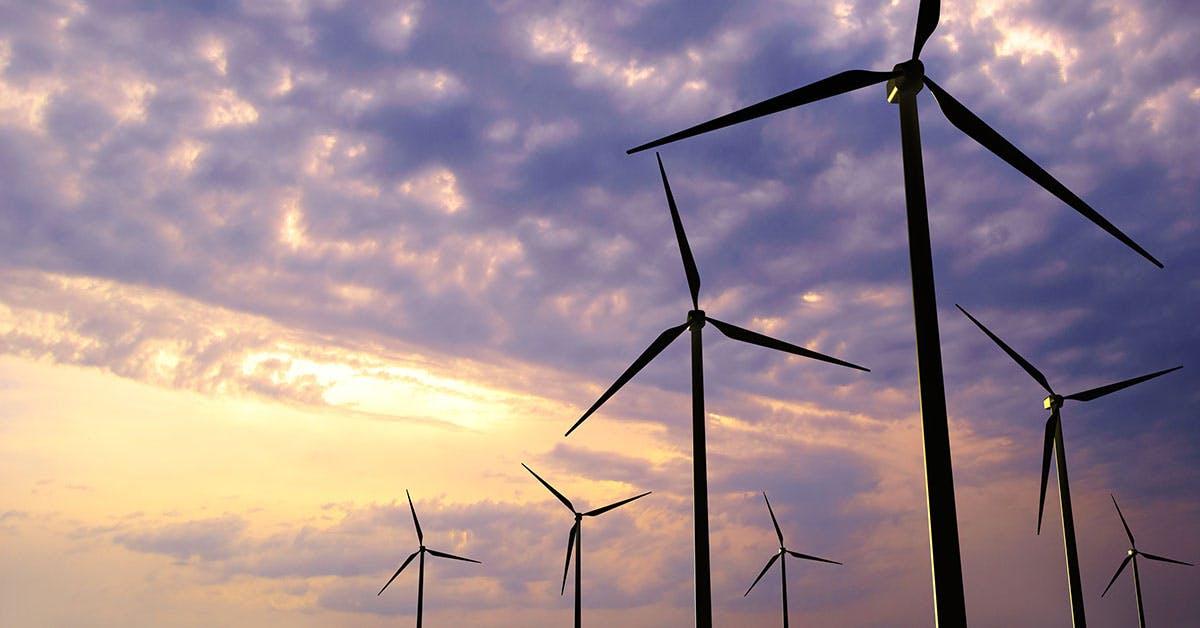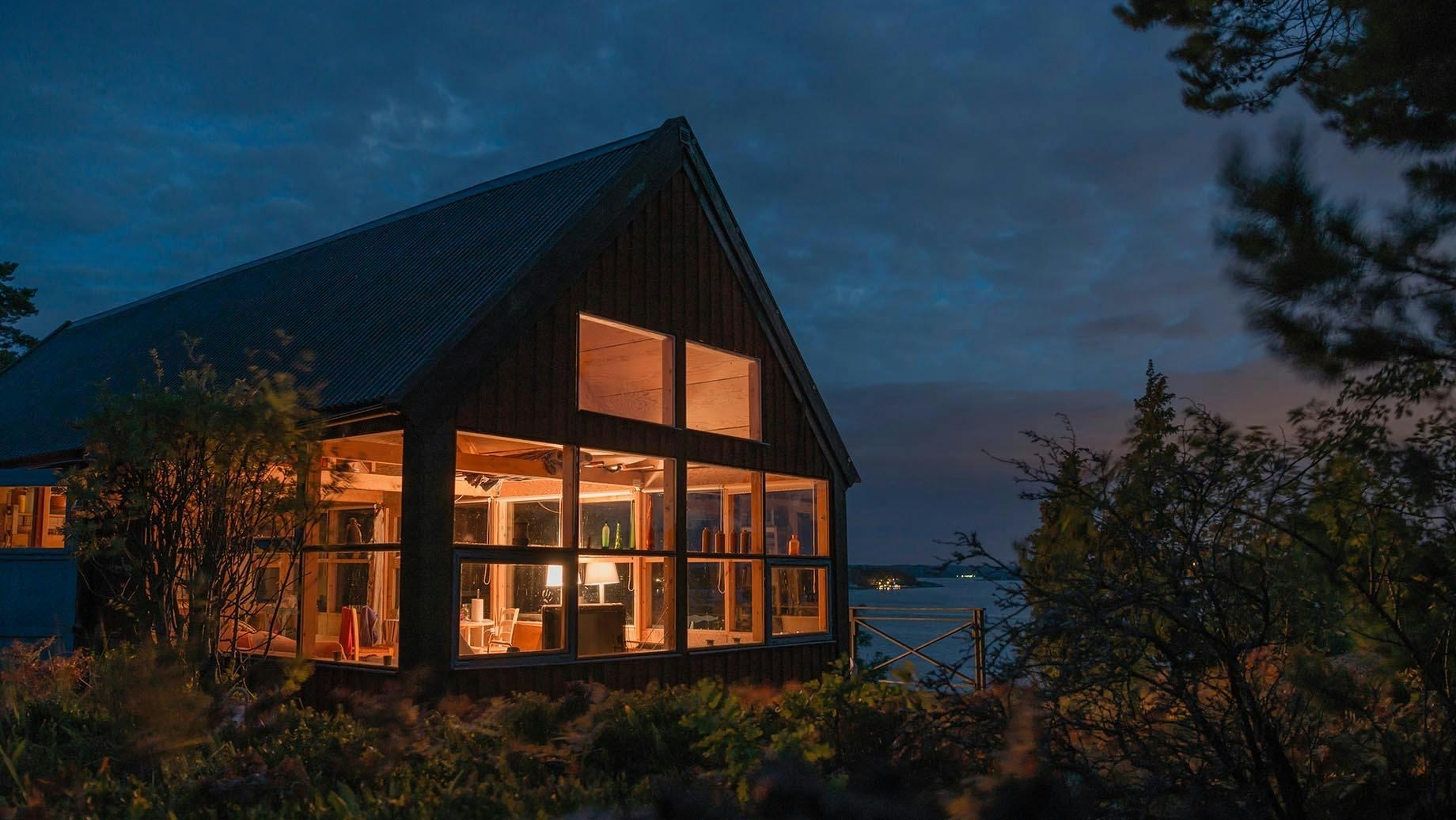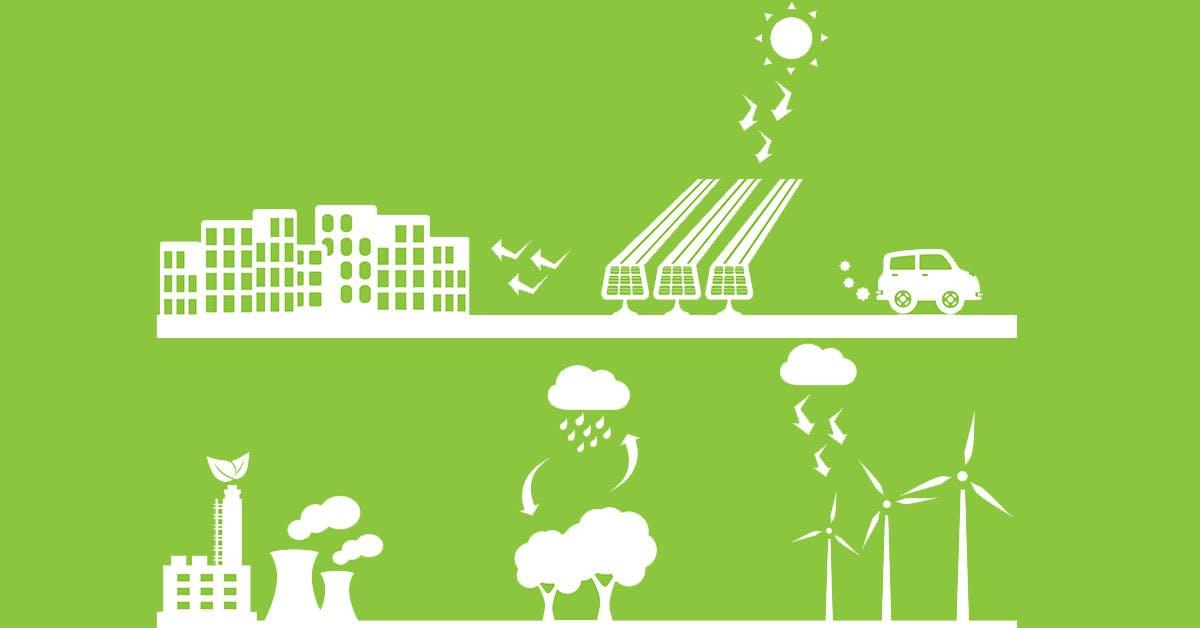
Understanding Energy Costs
Inspire Clean Energy
9 min read
category: Clean Energy 101
Don't worry about climate change— do something about it.
Our clean energy plans are the easiest way to reduce your home's carbon footprint.
Switch to clean energyIf you are looking for ways to reduce energy costs, you may be trying to determine the cost of renewable energy. Energy is a resource that most of us will pay for our entire lives. Understanding the cost of energy sources and how they are calculated can be beneficial.
Keep reading to learn more about the cost of energy.
How much does energy cost?
Electricity and gas prices can vary depending on location, time of year, market disruptions, and usage. On average, electricity costs 13.31 cents per kWh. Some of us may have no idea what we are paying for electricity per kWh. If you are curious, your statement should clearly state the cost per kWh. Among some of the states with the most expensive electricity prices, you will find Alaska, California, Hawaii, Connecticut, Massachusetts, New York, New Hampshire, and more. Among some states with the cheapest electricity prices are Louisiana, Arkansas, Oklahoma, Oregon, and more1.
Predicting your monthly utility bill may seem near impossible. You may try every trick in the book to conserve usage and still get a much higher bill than you imagined. A consistent electricity bill is something some of us would prefer. If you are one of those people, you should subscribe to Inspire.
What makes up the cost of energy?
Several factors can impact the price of electricity. During the summer, electricity prices are usually at a peak. In addition, residential and commercial customers may be charged different rates. Some key factors that make up the cost include2:
Fuel prices Power plant costs Transmission and distribution system Weather conditions Regulations
How are energy charges calculated?
On your monthly electricity bill, you may notice Direct Energy charges. So just how are these charges calculated? Let’s look at an example.
If you have a fixed-rate plan at 11.0 cents per kWh and you use 1,200 kWh, you could calculate your energy or generation charges as follows3:
1,200 kWh x 11.0 cents = $132
Your local utility company typically determines your kWh usage by checking the reading of your meter.
How much does 1 kW hour cost?
You may have seen kW and kWh, leaving you wondering if they are the same thing. They are not. kW represents the rate of electricity you use. kWh represents the amount of electricity you use. To calculate kWh simple multiple kW by time. On average, electricity costs 13.31 cents per kWh4.
What is a reasonable price per kWh?
A reasonable price per kWh is typically determined by where you live. Deciding what energy company to use presents fewer choices than determining which landscaper to use. In most cases, only a few energy companies service one area. In some cases, there may only be one option. If you are looking for cheaper energy, you may need to move. In some cases, you may be charged higher rates depending on your usage. Alternatively, you may be able to access clean energy for one flat price through companies like Inspire.
What uses the most electricity in a home?
Every time you hear your A/C or heat kick on, you may feel your pockets coming unzipped as money flys out. You might start to wonder, would I rather be hot or cold? How much is my HVAC system costing me? The HVAC system consumes 46% of the average U.S. home's energy consumption5. With the HVAC system consuming the most energy, you should find ways to run it more efficiently. Installing ceiling fans may help you reduce A/C usage. Other items in your home that are most likely consuming the most electricity include water heating systems, appliances, lighting, television, and media equipment.
How much does solar energy cost?
Solar has been trending for years. As you drive through middle and upper-class neighborhoods, it’s common to see solar panels lining the roofs. While solar systems can be pricey to install, they offer one of the cheapest energy sources. Likely, they will quickly pay for themselves over time. In addition, there are several tax incentives you may qualify for if you install solar. However, the initial cost is just out of reach for some of us, or perhaps HOA will not allow you to install solar. Regardless, you can still access clean energy without installing wind and solar systems of your own.
How much does nuclear energy cost?
Nuclear power is one of the most expensive forms of generation. The levelized cost of energy (LCOE) varies between $112 to $189 MWh. While it can go lower or higher than this range, this is an average cost6.
How much does wind energy cost?
Along with solar, wind energy is one of the cheapest sources of energy. After the production tax credit, wind energy should only cost around 1-2 cents per kilowatt-hour. In addition to providing affordable energy costs, wind power also creates jobs in the U.S. and provides us with a clean fuel source. To top it all off, wind energy is sustainable7.
Is alternative energy cost-effective?
Alternative energy is cost-effective and offers consistent and predictable returns. While some of us are willing to invest in alternative energy sources to help our environment, most of us will evaluate it from a financial standpoint first. Alternative energy sources such as wind and solar are offering some of the cheapest electricity8.
How to calculate energy usage costs?
One of the easiest ways to calculate energy usage costs is by using an online calculator. To use an energy calculator, you’ll need to know information such as power consumption, energy price, usage time, power consumer, cost, and so forth. Whether you use a calculator or calculate estimates on your own, you will need to gather some information prior to accurate estimates.
How much cheaper is electricity at night?
There are certain times of the day the energy may be cheaper than others. Your local utility company should inform you of these hours as they can quickly change. If it only saves you a few dollars to stay up late to do laundry or cook dinner, it may not be worth it. But if it can offer substantial savings, you may be willing to be more flexible with your schedule. To determine how much cheaper electricity is at night, you should contact your local energy company.
Where is electricity the cheapest?
If we are talking about the cheapest electricity prices globally, Qatar is at the top of the list. Households in Qatar only pay an average of .03 U.S. dollars per kilowatt-hour. If we are talking about the cheapest electricity prices in the U.S., North Dakota currently has the most affordable electricity rates. Missouri, Louisiana, Arkansas, and Washington are also known for having cheaper electricity prices8.
How do you pay for energy?
In most cases, we are charged per kilowatt-hour. Calculations are usually pretty straightforward. Your electricity bill should reflect your usage multiplied by your electricity rate. Some electricity companies may have minimum bill charges. In addition, there may be service fees or other charges tacked on to your monthly electricity bill.
How much does the average person spend on electricity per month?
In the U.S., the average electricity bill is $114.44. If you have noticed a recent spike in your electricity bill, it’s because electricity prices peaked in 20209. If you are trying to lower your monthly electricity bill, you should consider upgrading to more energy-efficient appliances or turning up your A/C. Purchasing all new devices to save on electricity costs may sound less than ideal. A better way to lower your monthly electricity costs is to subscribe with Inspire.
How do energy companies charge you?
Energy companies typically charge customers based on their usage. If you live in a complex or community that shares a meter, you may be disadvantaged. In some cases, meters can measure more than one home. This means that the total electricity usage is split between households. In situations like this, it may be harder to control your monthly electricity bill. However, if your home has its own meter, start focusing on your usage and find ways to decrease use. This should help you save on electricity costs.
What is the energy charge in my electricity bill?
On your monthly electricity bill, you may notice an Energy Charge and a Delivery Charge. Charges can vary per provider, but typically the Energy Charge is for the electricity itself. While the delivery fee usually relates to additional costs that were incurred to get the energy to you. Each charge should have a rate that is then multiplied by your usage10.
Why are my electricity bills so high?
There are several reasons why you may be experiencing a high electricity bill. One of these reasons could just be perception. Let’s say you move to a new area that has higher electricity costs. Your usage may be the same, but now your electricity bill has doubled. Location and usage are two factors that heavily impact the cost of electricity. The time of year can also cause increases. For example, in California, energy prices usually peak during the summer months. If you live in a cold climate, energy prices may peak during the winter months. If you have noticed an unusual increase in your bill, you may want to check appliances, HVAC systems, and other systems in your home to ensure they are working correctly.
If you are looking to reduce your carbon footprint or manage a consistent monthly electricity bill, you should visit Inspire.
Inspire can provide residents with clean energy for one flat monthly price. With Inspire, you don’t have to install expensive solar or wind power systems to access clean, renewable energy. So how does it work?
To get started, visit the Inspire homepage and enter your address and/or zip code. If Inspire’s services are available in your area, you can proceed with linking your utility. Discover the beginning of consistent and predictable monthly energy bills when you become an Inspire member.
Access clean energy. . .subscribe today at Inspire!
- electricchoice.com/electricity-prices-by-state↩
- eia.gov/energyexplained/electricity/prices-and-factors-affecting-prices.php↩
- directenergy.com/faqs/tx/billing/billing-information/what-is-energy-generation-charge↩
- directenergyregulatedservices.com/blog/kw-vs-kwh-whats-difference↩
- greenlogic.com/post/the-top-5-biggest-users-of-electricity-in-your-home↩
- world-nuclear.org/information-library/economic-aspects/economics-of-nuclear-power.aspx↩
- energy.gov/eere/wind/advantages-and-challenges-wind-energy↩
- apartmentguide.com/blog/cheapest-states-for-electricity↩
- move.org/utility-bills-101↩
- theenergydetective.com/bills↩
Don't worry about climate change— do something about it.
Our clean energy plans are the easiest way to reduce your home's carbon footprint.
Switch to clean energy
Inspire Clean Energy
We're on a mission to transform the way people access clean energy and accelerate a net-zero carbon future.
Learn more about Inspire →Explore more
Recent Posts
Top Articles



